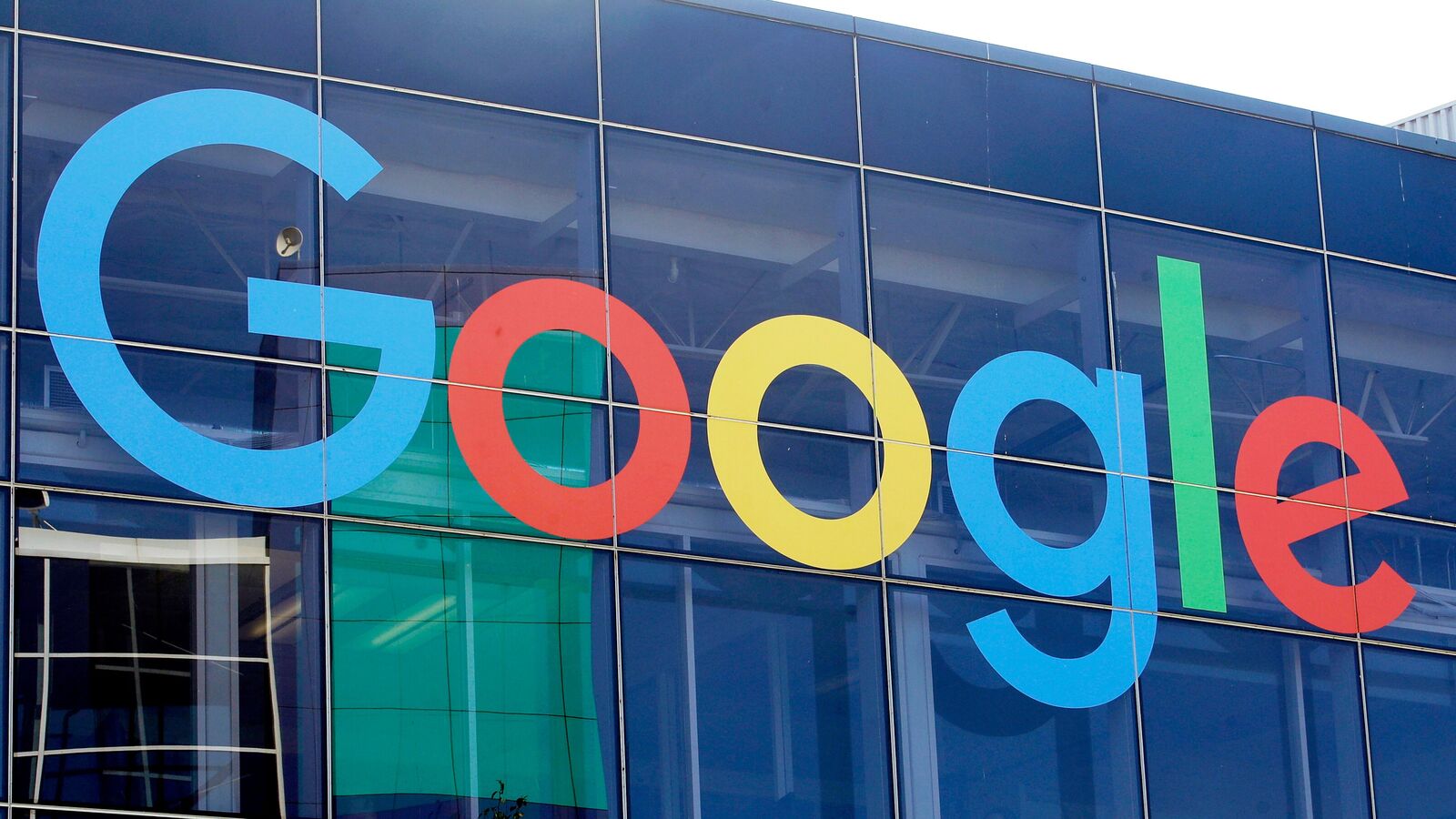In a rare win for Google in the monopoly case, a US judge ruled on Tuesday that the big tech won’t have to sell its Chrome browser but ordered Google to share data with rivals to open up competition in online search.
Rejecting the government’s demand that Google sell its Chrome web browser as part of a major antitrust case, the judge ordered that to resolve Google’s monopoly in search, the company must make available to “qualified competitors” search index data and user interaction information that rivals can use to improve their services.
As per news agency AFP, the company must also offer search result services to competitors for up to five years.
The ruling also specifically addresses the emerging threat from generative artificial intelligence chatbots like ChatGPT, extending restrictions to prevent Google from using exclusive deals to dominate the AI space as it did with traditional search.
Judge Amit Mehta of the US District Court for the District of Columbia also put restrictions on payments that Google uses to ensure its search engine gets prime placement in web browsers and on smartphones, the New York Times reported.
But he stopped short of banning those payments entirely and did not grant the government’s request that Google be forced to sell Chrome.
What’s the antitrust case?
The landmark ruling came after Judge Amit Mehta found in August 2024 that Google illegally maintained monopolies in online search through exclusive distribution agreements worth billions of dollars annually.
The case focused on Google’s expensive distribution agreements with Apple, Samsung, and other smartphone manufacturers that established Google as the default search engine on iPhones and other devices.
The ruling on Tuesday results from a five-year legal battle between one of the world’s most profitable companies and the US, where antitrust regulators and lawmakers have long questioned Big Tech’s market domination.
The impact
Tuesday’s ruling came as a relief for Apple and other device and Web browser makers, whom US District Judge Amit Mehta said can continue to receive advertising revenue-sharing payments from Google for searches on their devices.
Google pays Apple $20 billion annually, Morgan Stanley analysts said last year.
It also made it easier for device makers and others who set Google search as a default to load apps created by Google’s rivals, by barring Google from entering exclusive contracts.
Meanwhile, sharing data with competitors is expected to strengthen rivals to Google’s advertising business, but not having to sell off Chrome or Android removed a major concern for investors who view them as key pieces to Google’s overall business.
Google concerned over user privacy
After the judge required data sharing in search case, Google was quoted by Reuters as saying it has “concerns about how these requirements will impact our users and their privacy, and we’re reviewing the decision closely.”
(With inputs from agencies)

